High Energy Density Battery
Author: Nichicon
9/1/2023
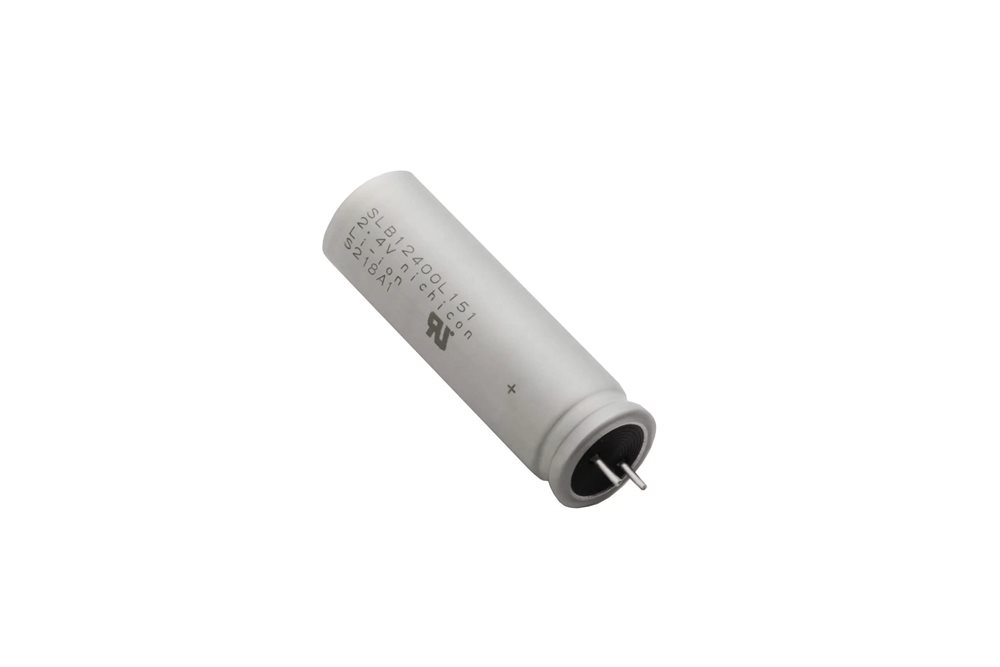.jpg?lang=en-US&width=500&height=333) As electronic devices and the batteries needed to power them get smaller, the batteries are required to have a higher energy density while maintaining rapid charging/discharging. At Nichicon, we developed our LTO batteries to have a higher energy density and output than other types of batteries.
As electronic devices and the batteries needed to power them get smaller, the batteries are required to have a higher energy density while maintaining rapid charging/discharging. At Nichicon, we developed our LTO batteries to have a higher energy density and output than other types of batteries.
What is a high energy density battery?
A high energy density battery is a battery that can store a lot of energy within a small cell. It is important to understand the distinction between high power density and high energy density. Power density refers to the amount of power within the mass of the battery. A high-power density battery can put out a large amount of power based on its mass. A high energy density battery may not always be a high-power density battery as it may put out a controlled amount of energy over a long period of time.
Our LTO batteries at Nichicon are high energy density batteries with higher power density capabilities. By having higher-power density our batteries approach the power density of electric double-layer capacitors (EDLCs). The high energy and high-power density of our LTO batteries are also what allow for rapid charging and discharging.
Our high energy density batteries have the following characteristics:
- Lightweight high energy density: Our LTO batteries have diameters as low as 3 millimeters with a maximum voltage of 2.8V, which is almost double that of alkaline or manganese batteries. This means you need fewer batteries which saves space.
- Excellent discharge characteristics: More than eight times as many charge/discharge cycles compared to lithium-ion batteries.
- Excellent self-discharge resistance: Our LTO batteries have superior self-discharge characteristics compared to EDLC’s.
- Excellent long-term reliability: The lithium-titanium-oxide (LTO) batteries we produce use lithium titanate as the anode active material which is less resistant than carbon-based materials used in standard lithium-ion batteries. Lithium-titanate reduces consumption of the electrolyte resulting in a longer lifespan.
What are the advantages of Nichicon high energy density batteries?
Our high energy density lithium batteries can provide a high amount of energy in a small battery cell for rapid charging/ discharging, long lifespan, and almost double the output voltage of other types of batteries. They also have higher power density characteristics than typical lithium-ion batteries while being more resistant to thermal runway.
The main advantages of our high energy density lithium batteries include the following:
- Rapid charging: Our LTO battery incorporates a rechargeable design with significantly improved charging current, ensuring faster and safer charging compared to conventional lithium-ion batteries.
- Micro size: Our micro LTO battery is designed to be incredibly lightweight and occupies minimal space, making it an ideal choice for applications with limited space constraints.
- Long lifespan: These batteries are engineered to have an extended life cycle, demonstrating minimal capacity deterioration in charge/discharge cycle tests. The utilization of lithium titanate in the anode contributes to their longevity by minimizing electrolyte consumption during SEI formation.
- Maintenance free: Our LTO batteries do not require maintenance or periodic replacement.
- Sustainable: These batteries comply with international environmental requirements, such as RoHS while meeting standards for both disposal and operation.
- High power density: These high-power discharge batteries possess an input/output density that rivals that of super capacitors.
- Enhanced safety and reliability: Our LTO batteries surpass the safety and reliability standards of typical lithium-ion batteries.
- Low temperature: Designed to excel in frigid conditions, our low-temperature batteries can be efficiently charged and discharged even at temperatures as low as -30 °C. The unique composition of lithium titanate reduces the risk of thermal runaway by limiting lithium metal deposition, mitigating oxygen combustion reactions often associated with standard lithium-ion batteries.
- High energy density: Our LTO batteries achieve a higher energy density comparable to capacitors.
- High power discharge: These batteries excel in high discharge scenarios, allowing for rapid and complete discharge.
- UL 1642 & IEC 62133-2 certified
- ISO 9001, IATF 16949 & ISO 14001 certified
What are the application areas of high energy density batteries?
Our LTO batteries offer outstanding capabilities for diverse applications. They can serve as standalone power solutions or complement other batteries and power sources to extend the lifespan of the primary source. These adaptable LTO batteries are perfect for a broad spectrum of uses, such as consumer devices, portable scanners, data centers, smart metering systems, measuring equipment, and other situations where compactness, higher voltage, and enhanced energy capacity play vital roles.
Our high energy density batteries can be used in the following applications:
- IIoT and IoT applications
- Space constrained applications
- Wireless sensors
- Asset tracking applications
- Energy harvesting applications using intermittent ambient energy sources
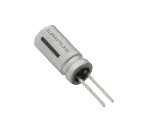 SLB03070LR35* 0.35mAh φ3×7L |
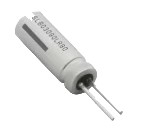 SLB03090LR80* 0.8mAh φ3.3×9L |
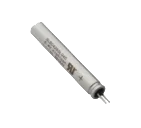 SLB04255L040* 4mAh φ4×25.5L |
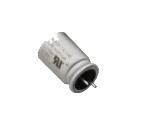 SLB08115L140* 14mAh φ8×11.5L |
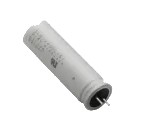 SLB12400L151* 150mAh φ12.5×40L |
*The above part numbers are without lead processing, and a 3-digit code will be added to the actual part number